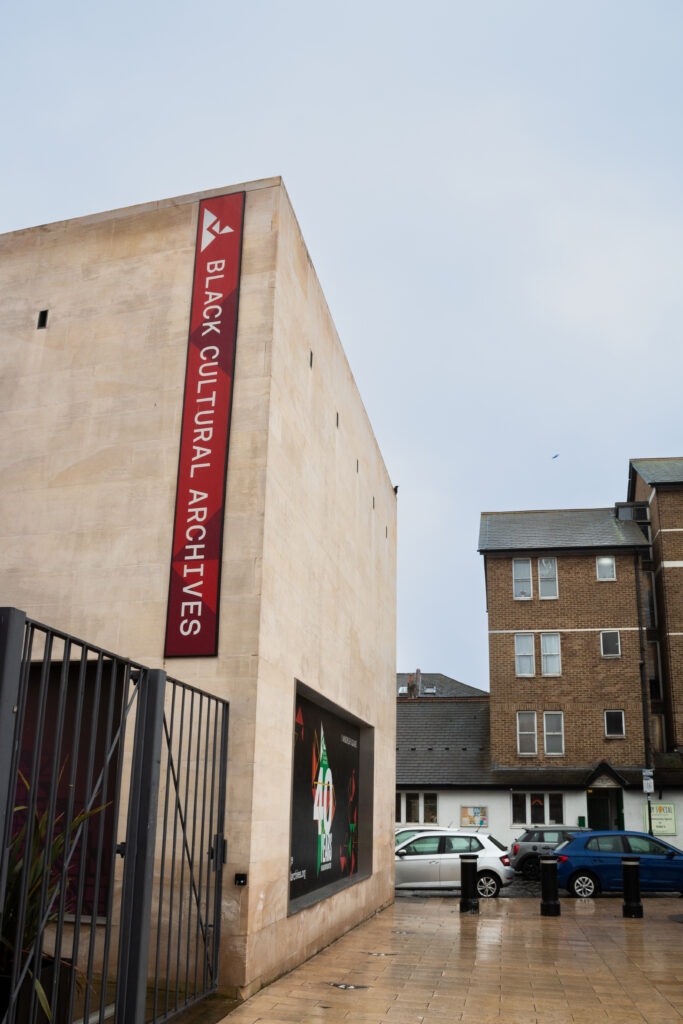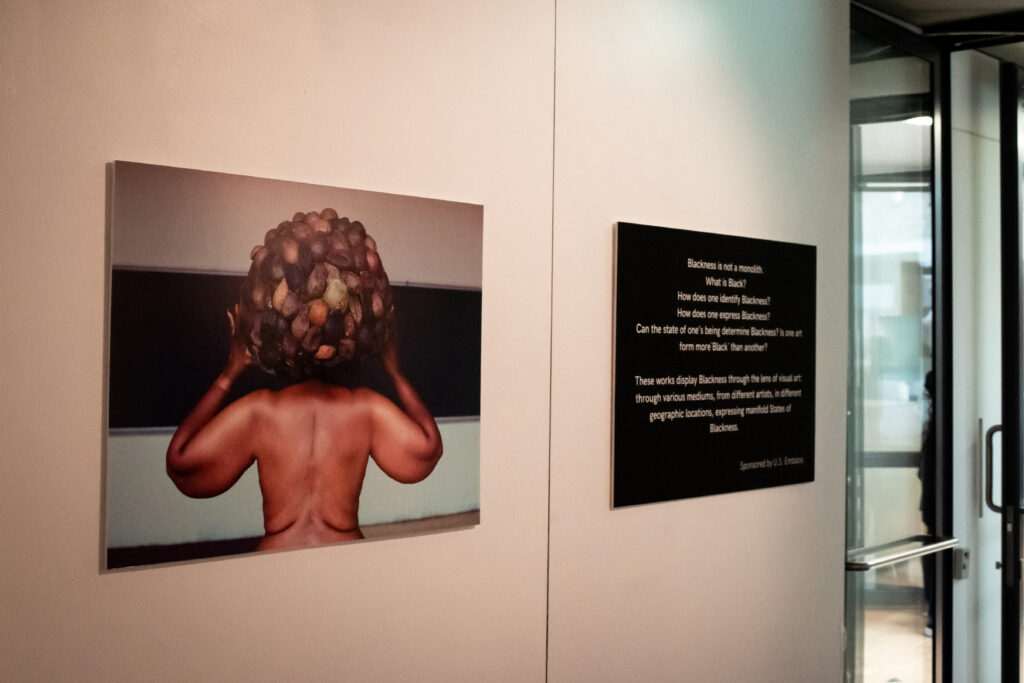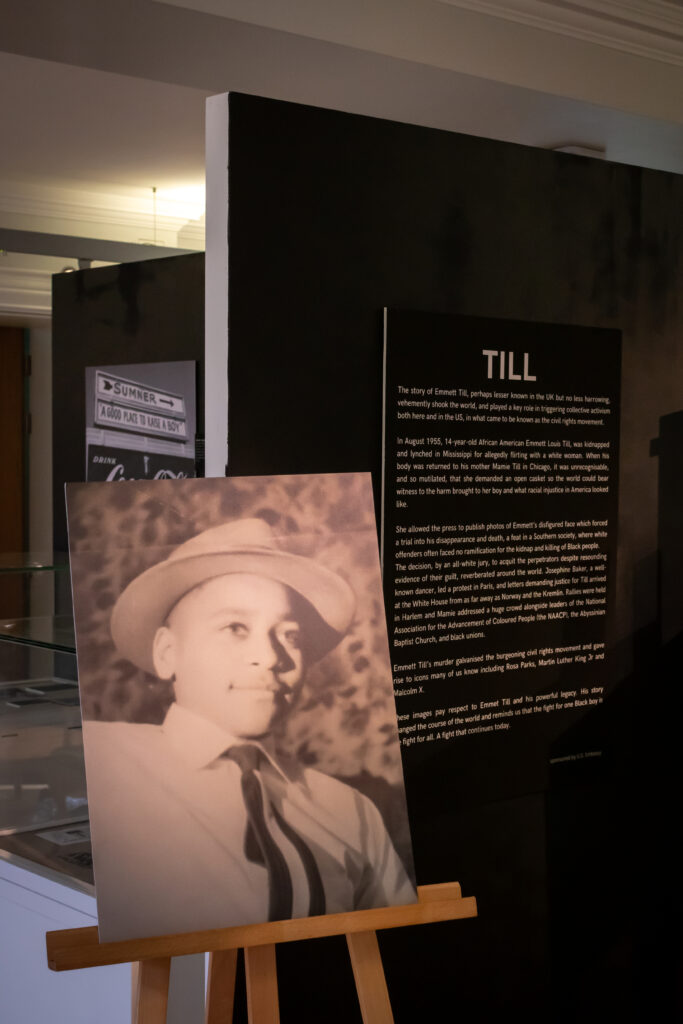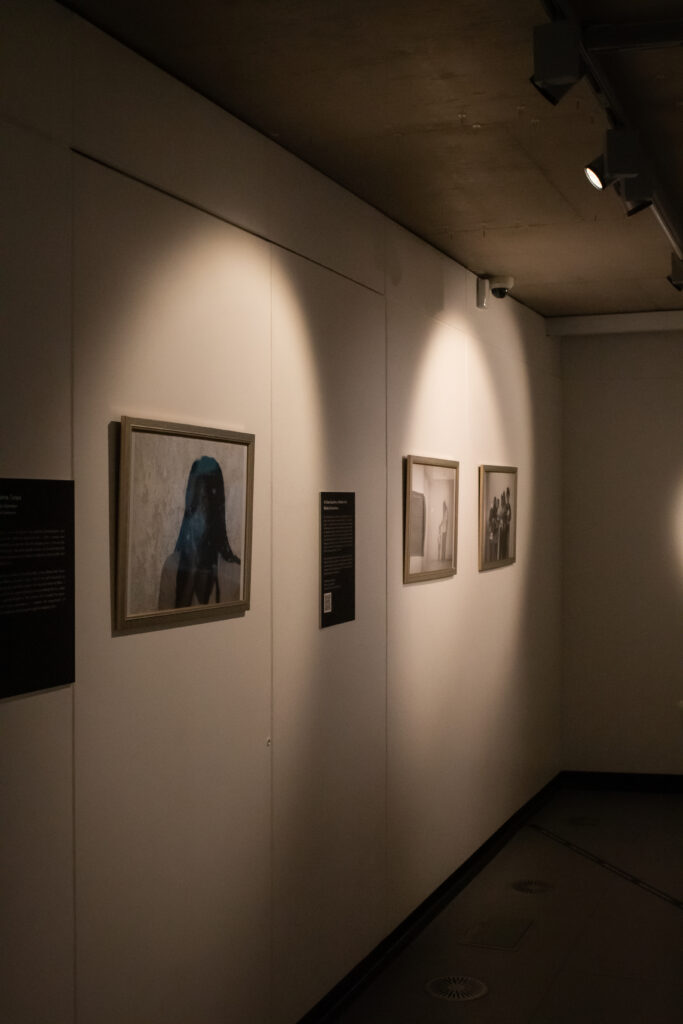3 years ago
We spoke to Hannah John, the resilience manager at Black Cultural Archives, all about what this Brixton-based organisation does.

So could you tell us a bit about the history of the BCA and your mission today?
So BCA, which stands for Black Cultural Archives, is an archive based in Brixton. Our mission is to collect, preserve and celebrate the histories of people of African and Caribbean descent in the UK, with the intention to inspire communities and societies. We do that by collecting archival material based on the presence of black people in Britain, which ranges from the past to things like digital collections on the Black Lives Matter movement in 2020, which many may have participated in or witnessed. And we open up our reading room for people to research using that archival material, whether that’s in academic papers, whether it’s to influence exhibitions they may be doing, or events, or theatre productions- wherever it might be. We also put on our own activities. That’s events and exhibitions throughout the year to activate the collections that we hold. We have a learning programme to teach school kids academics, corporates… Anyone who wishes to learn about black British history.

For those who may not know, what is the cultural significance of BCAs home in Brixton?
BCA has always been based in Lambeth and predominantly in Brixton. We used to be based on Coldharbour lane. The Chip Shop used to be us, and BCA is a product of the community. With the 1981 uprisings and the treatment of black people in the UK, the police relations with black people… The aftermath was that people needed a safe space, they needed a place where they could call home, where their stories will be collected, where they were able to tell their own stories with their own voice and that is the ethos of BCA. We got this building in 2014. I’m sure many people have heard of the Windrush scandal and the Windrush generation. To be No.1 Windrush Square is very significant. Next door to us we’ve got the war memorial that commemorates those (black people especially) who participated in the World Wars, we’ve got the Cherry Groce Memorial opposite on the square which commemorates Cherry Groce, who was shot by police. We are in a very significant area with a lot of history and a lot of stories to be told.

Could you tell us about your two current exhibitions, States of Blackness and Till?
We did something different this year. February is the Black History Month for the US. And while we predominantly don’t necessarily focus on US history because, funnily enough, that’s the history many people know as opposed to UK history. This year, we wanted to end what we call ‘black future season’, which began in October 2022, which is the UK’s Black History Month. We’re giving a nod to the US-we know they do influence and impact what happens in the UK.
Till is a story of a 14 year old boy who was kidnapped, lynched and murdered in 1955 in Mississippi and we tell the story of social justice and the civil rights movement, both in the US and the UK.
States of Blackness is an artistic exhibition which shows the expression of blackness in various forms with film, photography and print and gives rise to expression and identity. The notion that black isn’t linear, how people express blackness and how people show up as being black can vary in so many different ways.
The two exhibitions are on and they’re on till the 5th March and they are both free.

Tell us a bit about the partnerships with local organisations and any opportunities for people who may want to get involved?
We continuously look forward to working with people both in the local community and outside- we partner with Brixton Bid and with Brixton village. In fact, last year when we did the ‘Great Day’ in Brixton (which was a photoshoot for black British photographers and artists in our courtyard), Brixton village actually supported us by getting what we needed- a stoop to reflect the ‘Great Day’ in Harlem shoot that we were trying to reflect. We have worked with restaurants in Brixton village and we’ve got a partnership with market row rum in our shop. But we’re always looking for new opportunities. Say if they’ve got books that they’re launching, people can host book events in our building. We work with Lambeth Council as well. In April, we’ll be doing a book event with Gary Young and that will be held at Lambeth Council. The idea is that our space may be limited but our reach doesn’t need to be. By working with other people, both locally, nationally and internationally, we can spread the word and actually get black British history out there.